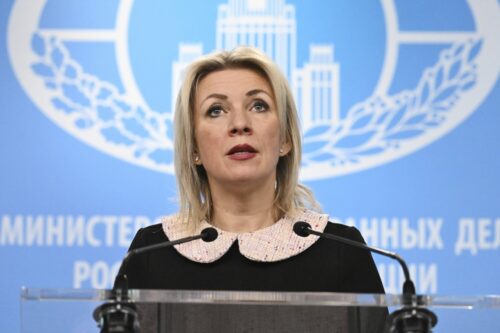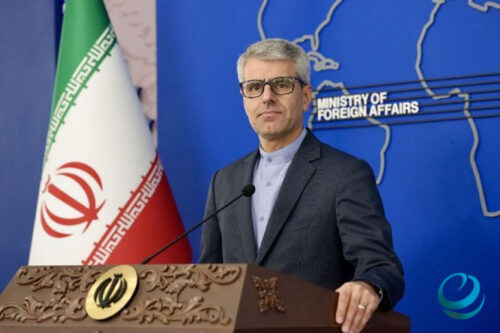
Armenia and Uzbekistan show the fastest growth in institutional distrust, says UN report
Eurasian countries implementing large-scale economic reforms are experiencing the greatest decline in public trust in their governments, while authoritarian-leaning governments in the region are showing increased public confidence in officials. This is according to recent data from the UN’s 2025 World Social Report, which highlights the widespread decline in institutional trust since the early 21st century.
The report notes that economic and social shocks—including the 2008 financial crisis, the COVID-19 pandemic, and the Russia-Ukraine war—have eroded public confidence in government leaders.
“Today, more than half of the world’s population has little to no trust in their governments. 57% of people say their trust in government is low,” the UN report states, citing survey data collected between 1995 and 2022.
The report does not address the influence of social media. It also points to the rise of “political extremism and populism” worldwide—phenomena encouraged by social media—as another factor contributing to the decline in institutional trust.
The data suggest a correlation in Eurasia between unstable economic reforms and growing public skepticism towards policymakers. Armenia and Uzbekistan—two countries that have been the most aggressive in attempting to reform their economies in recent years—show the fastest growth in institutional distrust.
The Armenian government is seeking to reform the country’s social and economic system by adopting a new constitution and simultaneously striving to establish long-term peace with its long-time adversary, Azerbaijan. Meanwhile, Uzbekistan maintains a centralized authoritarian political system; however, according to human rights organizations, President Shavkat Mirziyoyev’s administration is attempting to implement far-reaching economic reforms with the hope of qualifying for accession to the World Trade Organization.
Both Armenia and Azerbaijan are classified as “upper-middle-income” economies.
Social investment levels vary significantly among countries with similar income levels. For example, in Armenia, social protection is emphasized more than in Georgia, Thailand, South Africa, and Guatemala, but less than in Moldova, Mongolia, and Albania. At the same time, in Armenia, education, housing security, and health care—key components of social investment—lag behind those in Georgia, Moldova, and South Africa.



